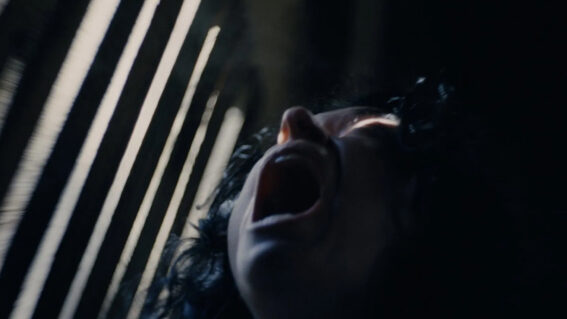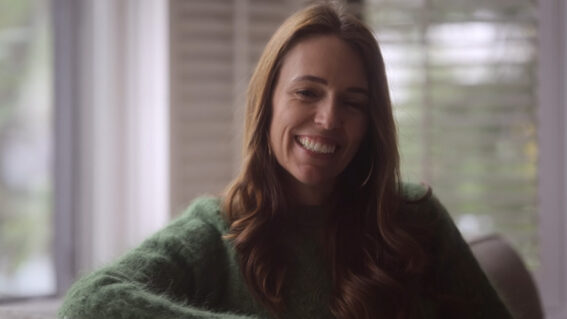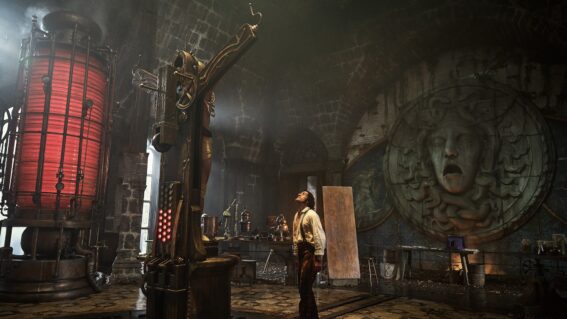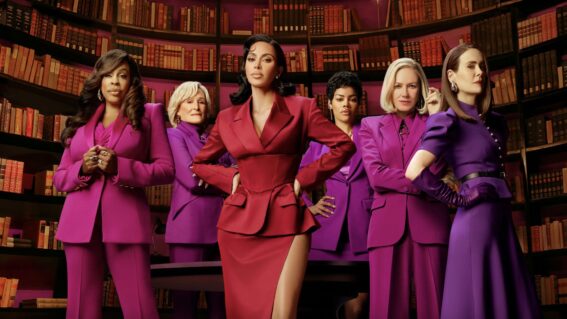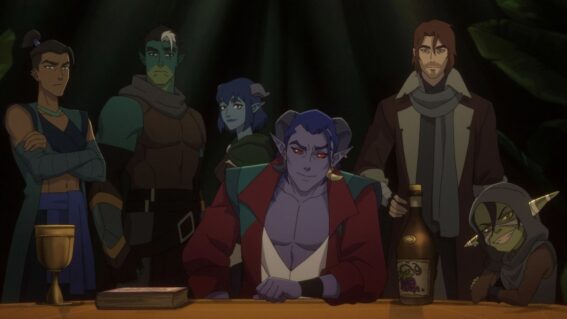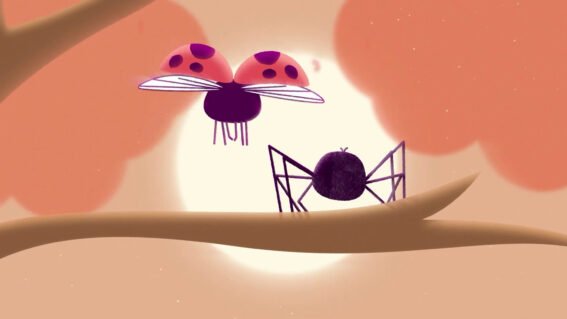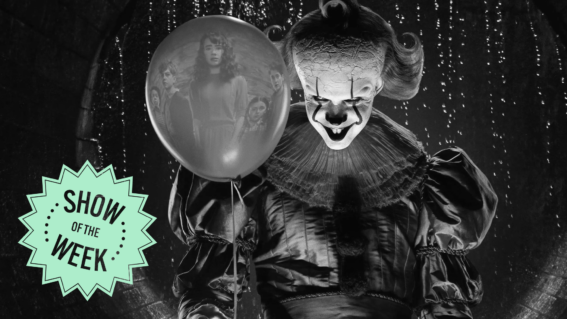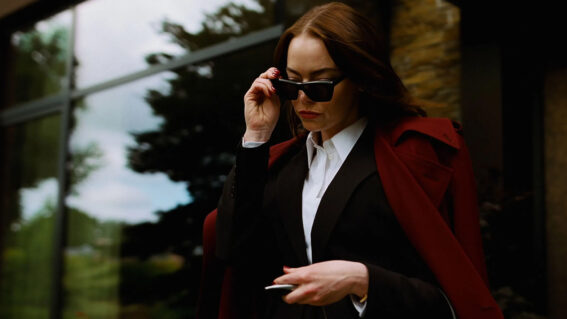Viewing guide for te wiki o te reo Māori 2025
There’s an absolute bounty of new films and shows to watch this Māori Language Week.
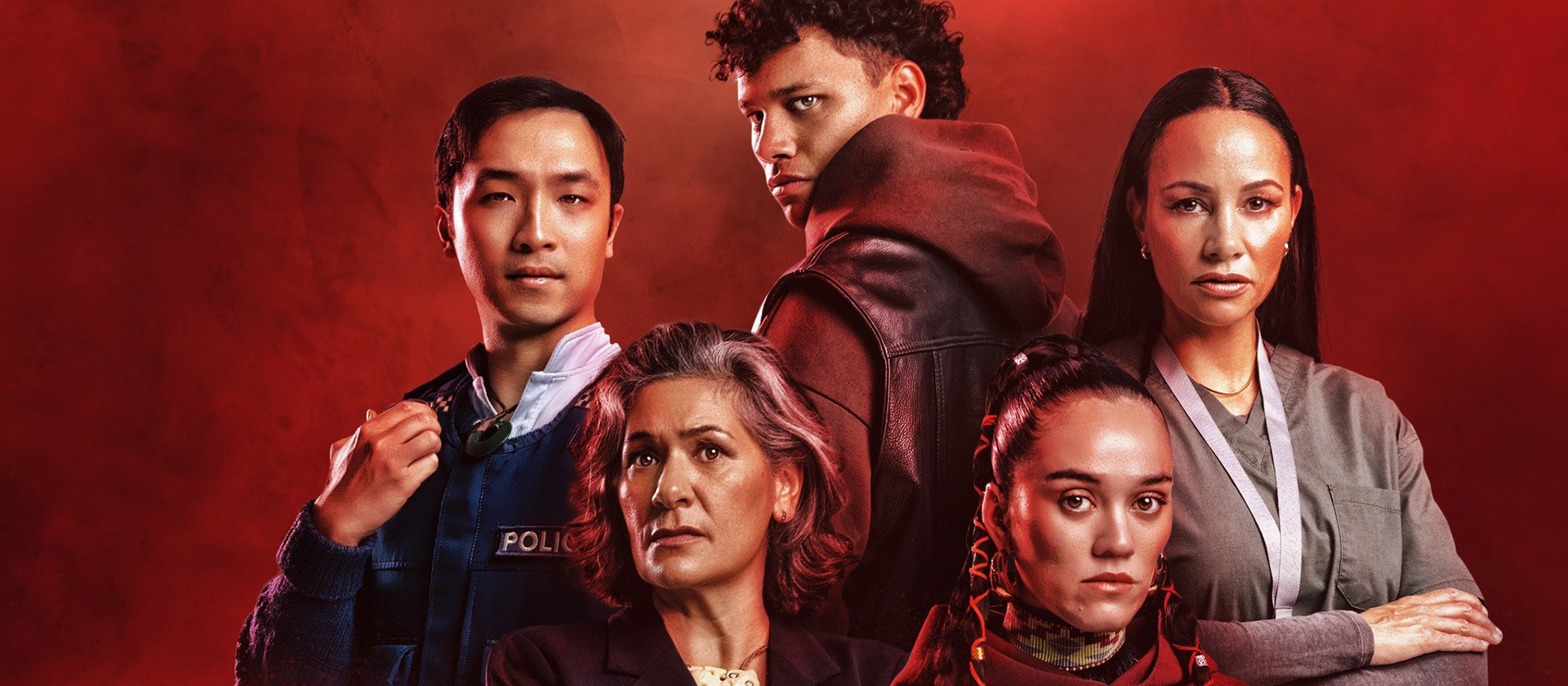
Embrace the national taonga that is te reo Māori just a little tighter this te wiki o te reo Māori with some great local screen content. Below, you’ll find an absolute smattering of recent reo-revelling films and shows released in the past year available right now for you to stream.
Tangata Pai
The first ever drama series from ThreeNow to be 30% in te reo Māori centres on a tense land occupation that carries with it an eye-catching narrative concept—the entire series takes place over the course of an hour, with each episode capturing eight minutes in the lives of five characters. From filmmakers Kiel McNaughton and Kerry Warkia, this is very much an extension and reinvention of their anthology features Waru, Vai, and Kāinga.
The series features Ariana Osborne (Madam) as a Māori musician struggling with her whakapapa while her star rises; Jayden Daniels (Whina) as an activist out to protect his son; Yoson An (Mulan) as a police officer caught in a tug-of-war between duty and identity; Nicola Kāwana (One Lane Bridge) as a Māori government minister walking the thin line between tradition and politics; and Shavaughn Ruakere (The Legend of Baron To’a) as a nurse and mother fully dedicated to her people.

Marlon Williams: Ngā Ao E Rua – Two Worlds
Get an insightful, intimate look inside the process of acclaimed homegrown musician Marlon Williams’ latest album Te Whare Tīwekaweka. It’s a deeply personal challenge for the artist—though not completely fluent himself, Williams endeavours to create every song in te reo Māori—triggering a journey of self-reflection and identity.
Directing the film with the kind of laid-back grace that feels so at place with cinema Aotearoa, filmmaker Ursula Grace Williams told Flicks’ Steve Newall how they didn’t approach this documentary as a typical career retrospective: “the documentary is a lot more about him and his processing who he is and who he’s been on that journey for the last four years.”
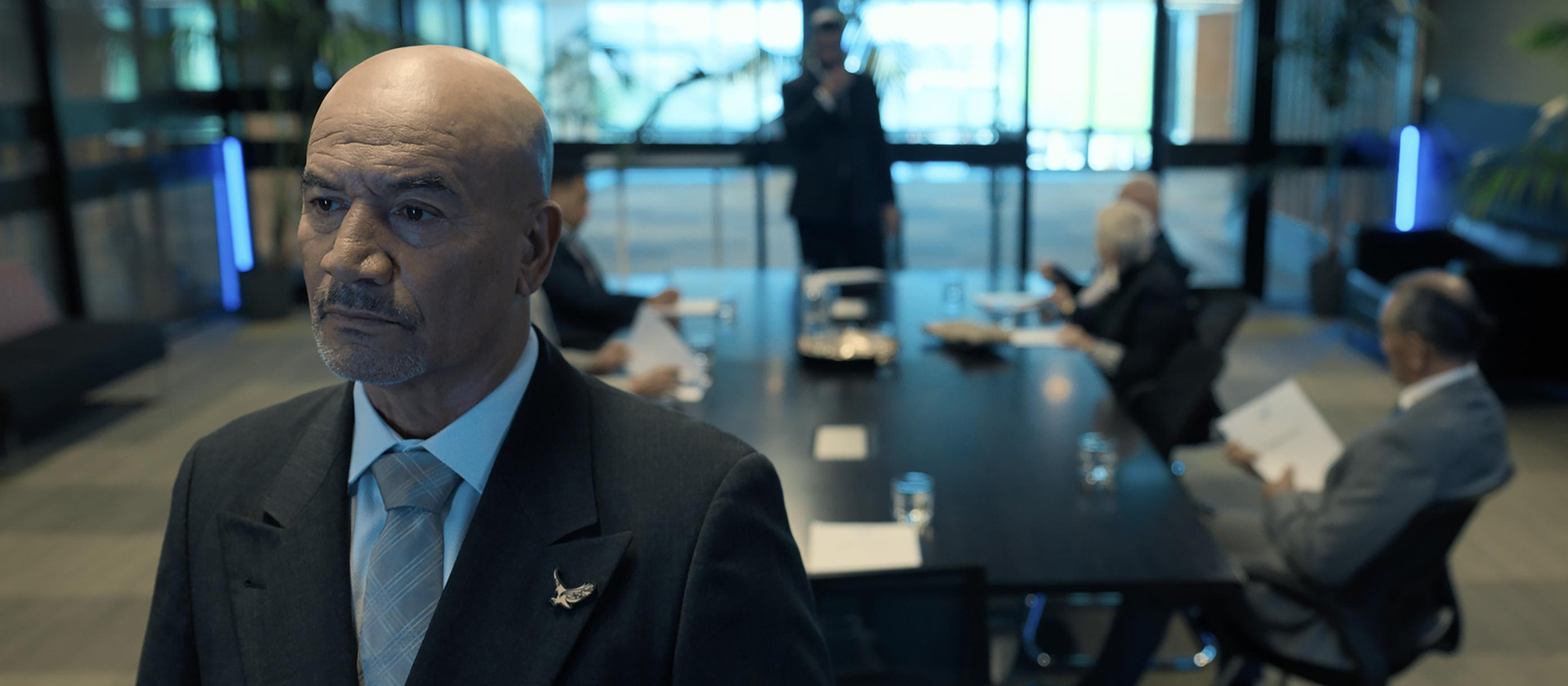
End of the Valley
This punchy, six-part, land claim thriller series sees two powerful Māori families clash over a serene valley.
So, an Aotearoa Yellowstone? Yeah, you could say that with the way it weaves legal entanglements with rural conflicts. But it’s no copycat—the historical grudges, reo-heavy standoffs, the influence of mana, the importance of taonga, and the dangers of dieback all contribute the unique weight that makes this series stand out.
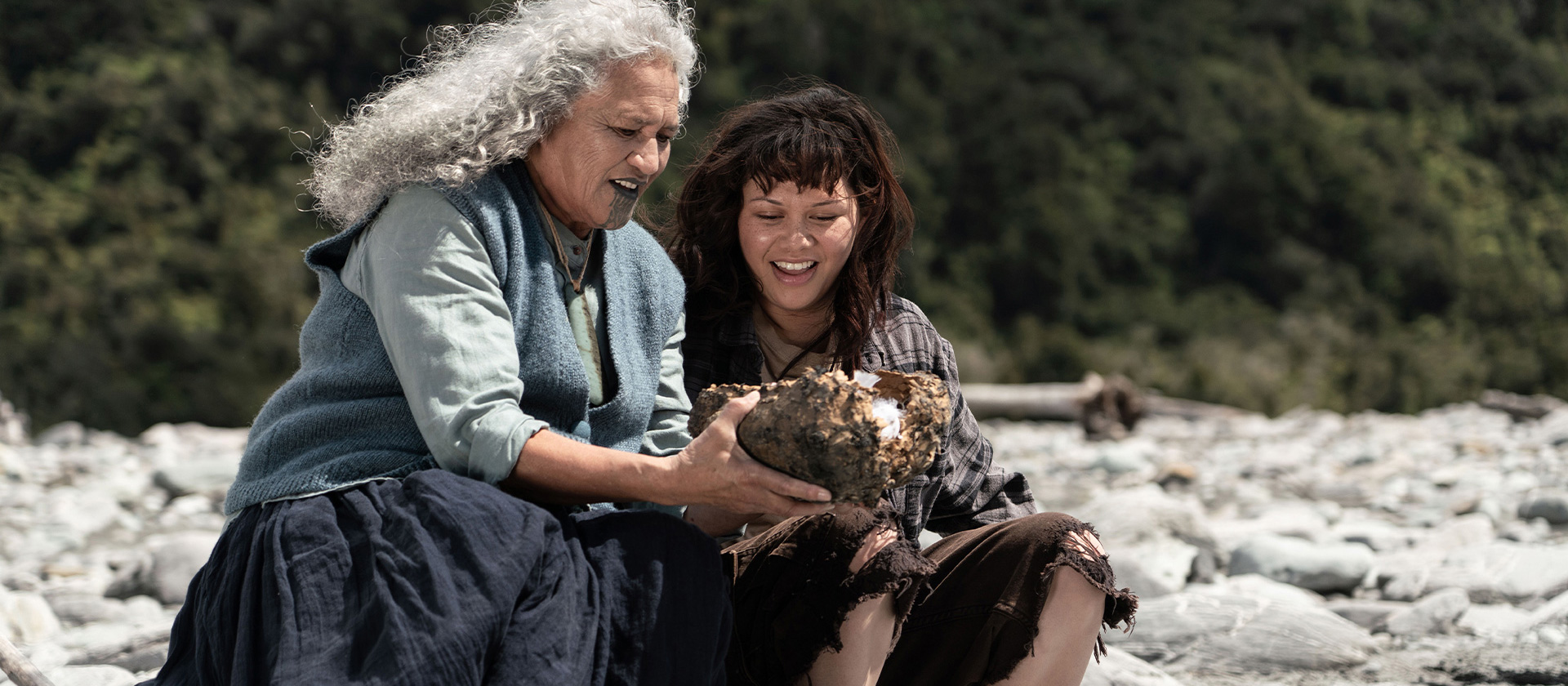
Kōkā
After a nationwide theatrical run during Matariki earlier this year, writer-director Kath Akuhata-Brown’s feature debut is now available to rent or buy. This reo Māori-heavy road trip sees elder Hamo (Hinetu Dell) cruise the motu in her Ford Falcon in what was meant to be a solo trip of healing and reconciliation—that is, until she reluctantly picks up young social delinquent Jo (Darneen Christian), someone who’s arguably in greater need of healing.
“The film’s got a spot in my heart because of the people we were surrounded by,” Christian told us before the film’s release, “the people that we worked with, as well as being awhi-ed hard by [co-star] TK, Kath, [producers] Verity and Libby. I didn’t walk away learning something for my craft, but more so about where my feet are standing.”
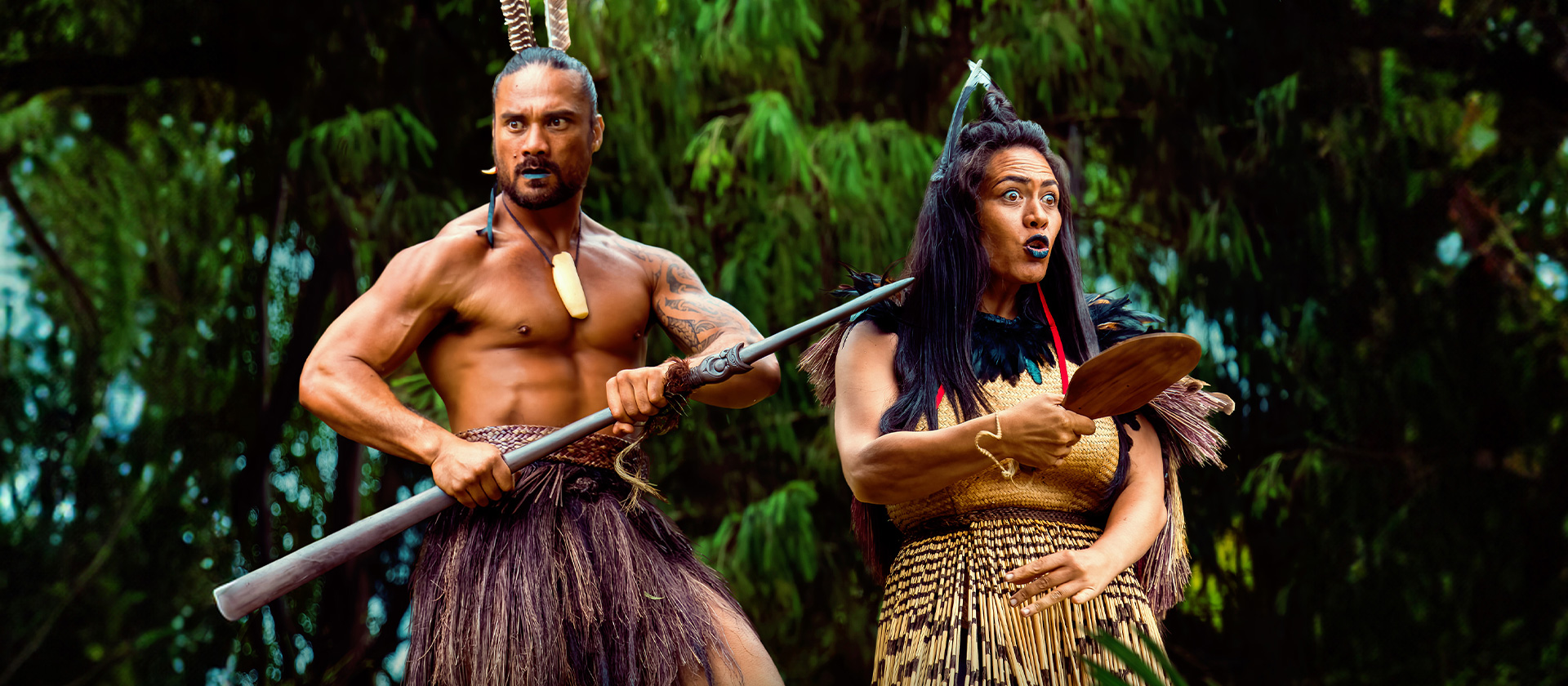
Taki Rua Theatre: Breaking Barriers
If you didn’t catch Whetū Fala’s portrait of kaupapa Māori theatre company Taki Rua Productions at last year’s Whānau Mārama, now’s a great time to hear about one of Aotearoa’s most pivotal stage entities. The film illustrates the 40-year history of the company, from its conception post the 1981 Springbok tour to more recent struggles staying afloat in a struggling theatre landscape, and recreates moments from iconic plays in unique outdoor settings.
Fala, one of the original Taki Rua members, was driven to make the film when she realised the company’s history was fading from social consciousness. She told us: “I never realised in my own lifetime that their story would be overlooked and that it would be lost,” Fala told us. “That was our fault. We were there and we didn’t make sure that these young ones [knew]… I had no intention of doing [the film], but I realised when I contacted my other colleagues too, they were like, ‘You better do the film, then everyone can understand.’ We’re part of the fabric.”
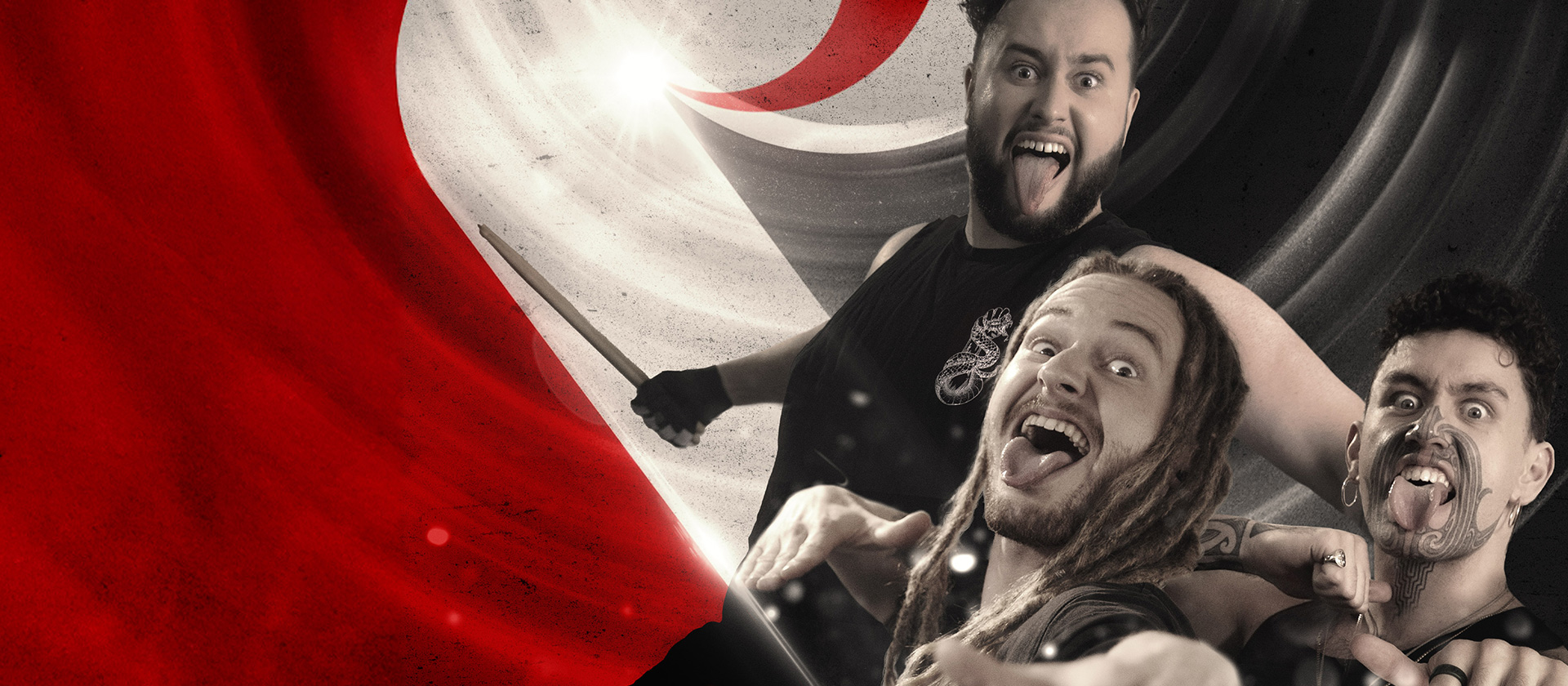
Alien Weaponry: Kua Tupu Te Ara
Quite a different beast from Ngā Ao E Rua – Two Worlds, Kent Belcher’s documentary on reo Māori sensation Alien Weaponry doesn’t dive deep into the musicians’ creative process in relation to Aotearoa’s indiginous language (of which they are fluent). The film chooses instead to capture the years following the young band’s meteoric rise in the global heavy metal scene.
Complementing nicely with the inwards-facing Marlon Williams doco, the film makes outwardly observations on reo Māori being embraced overseas (and how damning that feels when sections of New Zealand aggressively oppose to the very existence of it). It’s also just a bloody lovely film about a group embracing themselves, their culture, their reo, and their right to thrash.















